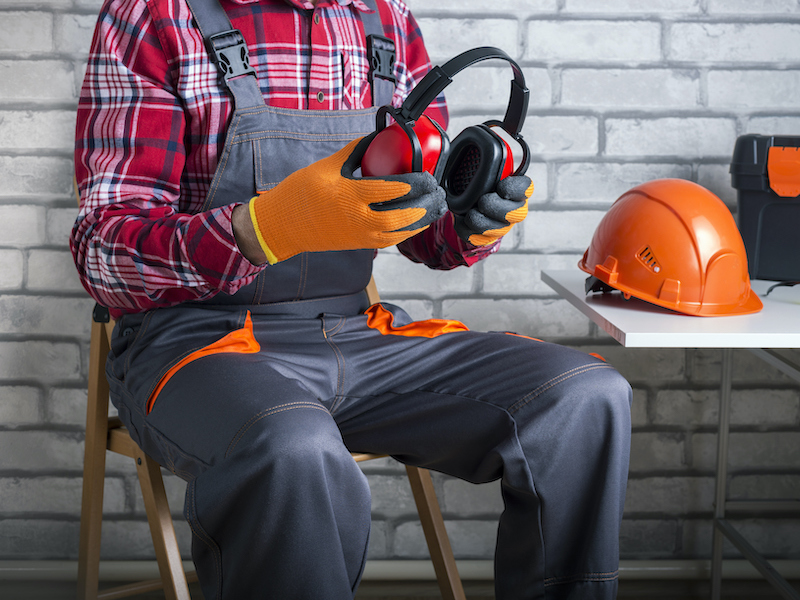
Your ability to hear is precious – once it’s gone, the likelihood of getting it back in its natural form is not likely. But strangely, the general public tends to disregard hearing loss. In the US alone, one in eight people over the age of 12 suffer from untreated and permanent hearing loss.
Protecting your hearing from the start is the best and simplest way to prevent hearing loss, but if you’re already experiencing hearing loss you can get much of your hearing back with a hearing aid.
Here are five easy ways that you can safeguard your hearing:
Don’t use earbuds
Earbuds have been packaged with mobile devices since the early 2000s and are one of the greatest threats to hearing. These little devices fit snugly into the ear canal and pump sound directly into the inner ear and most smartphones included them. You can get irreversible hearing damage by listening to a movie or music on your mobile device at max volume for just 15 minutes. The better choice would be to get a set of earmuff-style headphones that go over your ears, which is made even better if you can find a set that has noise-canceling technology. No matter what sound devices you use, you should stick to the 60/60 rule – keep the volume at 60% maximum and only use the devices for 60 minutes each day.
Keep your volume low
Earbuds don’t generate the only sounds that can harm your hearing. If you routinely listen to the TV or radio at high volumes over sustained periods, your hearing can also be harmed. Shooting ranges, concerts, construction zone, and other noisy environments should be avoided. It might be unrealistic to completely avoid these settings particularly if they’re part of your job. If that’s the case, then you’ll want to take note of the next item on the list.
Hearing protection will be helpful
Hearing protection is crucial if you work in an environment or enjoy hobbies that expose you to loud noises. Hearing loss can happen in just 15 minutes at 85 decibels. To put that in perspective:
- At the majority of concerts the headlining band plays for up to two hours at well above 120 decibels
- Jackhammers at a construction site produce 130 decibels, which could take their toll after a 40-hour workweek
- The average firearm discharge clocks in at 149 decibels, which is multiplied and amplified over the course of a one hour visit to an indoor gun range
If you engage in any of these activities, you need to get a good set of earmuffs or earplugs.
Take auditory breaks
Sometimes giving your ears a rest is the best thing you can do. If you engaged in any of the activities listed above, you should make certain to take some quiet time to yourself so your ears can rest and recuperate, even if you were wearing ear protection. So after you leave a concert, you probably shouldn’t jump into your car and crank music.
Check your medicine
Your hearing may be substantially affected by the medication you take. Aspirin, anti-inflammatories, antibiotics, and some heart and cancer medications have all been proven to cause hearing loss. The good news is that medication-related hearing loss is not common and is more likely if you take two or more of those medications together making it easier to prevent.
Looking to find treatment for your hearing loss? Contact us today to schedule a consultation.
Resources
https://www.cdc.gov/nceh/hearing_loss/how_does_loud_noise_cause_hearing_loss.html
https://armeddefense.org/hearing-protection
https://www.uofmhealth.org/health-library/tf3092